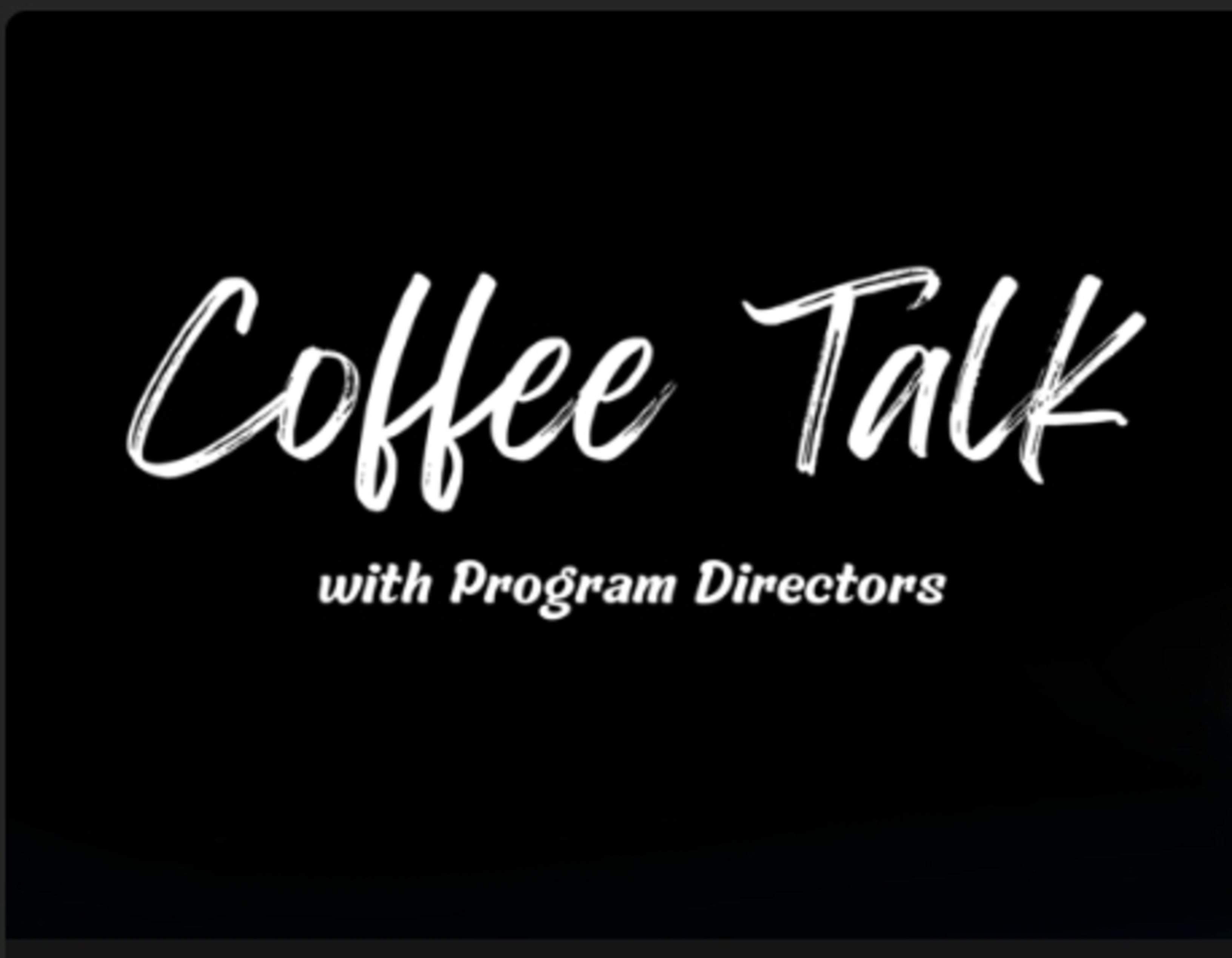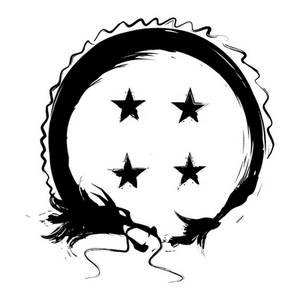im 20 for reference. ever since i was a kid, up until hs, we were forced every morning to stand, look at the flag and hold our hearts and say:
“I pledge allegiance to the Flag of the United States of America, and to the Republic for which it stands, one Nation under God, indivisible, with liberty and justice for all”
i didnt stand a single time because i disagreed with being forced, and i was berated by the teacher in front of everyone, and he threatened to kick me out of class if i ever did it again. i was about 11-12 then, it was 2015.
As an outsider, I find it very cultish to pledge to a piece of cloth.
It absolutely is, doubly so because of the added and unneeded “under god” bs that gets shoved into everything…
that was a huge issue i had with it too, but i omitted that so i didnt seem like an edgy tween atheist (though its a 100% valid criticism that i should have included).
That’s actually relatively recent, which is way, given the meter of the poem, it feels a little shoe-horned in. It was.
I wanna say it was in the 60s or so? Essentially as a way to promote a devout Christian image of America to contrast against the godless Soviets.
The pledge was written, by a minister in 1891 without the “under God” part. It was added by Congress in 1954 in the midst of Macarthyism and the Red Scare. In 2002 an appeals court said that forcing public school students to recite it was went against the separation of Church and State, and it was but stayed. The Supreme Court overturned that in 2004, but I think a lot of schools may have dropped it then.
no doubt, i 100% find it very cult-like and disgusting, and i had realized it then too.
It’s very strange. It’s a very doublethink cult. The same people who worship the flag will vote to not give health benefits to 9/11 first responders. Those same people will then use american flag napkins.
Since I became an adult I always found it kind of strange. I did not realize just how strange it was until I dropped my son off at Pre-K a little late and walked in to a whole class of 4 year olds hands on hearts mumbling through the pledge. It was sooo eerie.
As a genX-er, I grew up having to say it through elementary and middle school. I quit participating in the mid ‘80s. We were forced to attend John Birch Society events in school hat would talk about how horrible Russia was and how they fed propaganda to the kids from an early age. Reagan would always talk about all the horrible things USSR would do with their childhood propaganda too. I realized right away that everything the school was doing was the same thing.
I got labeled as a bad kid. Not Christian enough and not obedient enough.
We were forced to attend John Birch Society events in school
Damn, that sounds unconstitutional as hell. I imagine you went to some time of Christian private school?
Nope, public school
Well, then, it was definitely unconstitutional as hell!! Just brazen indoctrination from on a hilarious/terrifying level…
From the Pledge of Allegiance to in-school John Birch society events is a hell of an acceleration. Holy shit.
Also Gen X (1971) and while I remember it in first grade (so this would have been around 1976-77) I don’t think it continued much past 1st grade. MAYBE 2nd. So I lucked out there I suppose. I cannot imagine getting indoctrinated by JBS though. I’m sure it would have gone down well in a lot of the midwest where I grew up, but I suppose I also lucked out there in that the school board and staff were pretty apolitical when it came to school structure.
The irony, to me, is that town is liberal now. The surrounding county is super maga but the city is all hippie liberal. But as a child, this Colorado town was Texas red. Don’t spend money on education because we need a better high school football stadium type of town.
Holyshit, I’ve heard stories, but hearing your firsthand account sounds so dystopian.
Yep. It was in the 90s, and after 7th grade we mostly didn’t do it anymore (some court ruled it wasn’t legal to force us) but we had to sit quietly during the point when we were supposed to be doing in.
EDIT: You are in your 20s, and your teacher yelled at you? He was breaking the law. I bet you remember who it was too. If you see him on social media, I suggest you send him (West Virginia State Board of Education v. Barnette, 319 U.S. 624 (1943)) and demand an apology.
https://www.loc.gov/item/usrep319624/
And tell him a veteran told you this.
thanks for your reply. this all happened in about 2015.
yes, i remember him clearly. he was also incredibly inappropriate with his female students. I remember an incident where i was walking out of his classroom and he was showing another female student “a joke” where he used siri or something to look up “penis” and show her the results. mine you we were all 11 and 12. everyone called him a pedo. he was coach of the girls soccer team. i wish i could go back and stand up for her and myself, but i was a scared kid.
edit: just looked him up on FB. his face made me feel such dread. he has a kid now, a young girl
@euphoria Ugh. Watch him show up in the news at some point in the future.
Yeah, I vaguely remember it making the news in the 90s, and I stopped standing at that point. I had one teacher tell me once it was “required” that I stand. I just said “no thanks” and continued sitting, and he dropped it.
It wasn’t a big protest in my case though. I normally had a CD player stuffed in my belt, and standing made it more likely to fall out and get noticed. I generally avoided standing as much as possible in those days.
It looks like there were a bunch of challenges in the 90s that got struck down. https://www.findlaw.com/education/student-rights/the-pledge-of-allegiance-and-legal-challenges-in-education.html An actual lawyer would know more detail, I bet.
Based on the timing, the 1998 ACLU lawsuit was probably what I was remembering. Would have put me right around my peak pain-in-the-ass years.
Me too. Though I remember it a few years earlier than 1998, when I reached 7th grade. Of course I don’t think any of my 7-12 teachers cared like the elementary school teachers would have.
Non american here. I have a few questions.
- What exactly does it mean?
- What if you don’t agree with it, for example the “under of god” part.
- Does it have a legal status? For example can you be arrested for not pleging allegiance, or failing to have pledged at some point in your life?
- What about freedom of speech? How can one force you to express yourself? I feel like freedom of speech goes both ways : I’d like to have the same freedom of “not speech” as well.
No, there’s no legal requirements to say the pledge or anything. I’ve never seen it done outside of schools, it’s just a weird tradition that has been carried on.
In my high school nobody in my classes actually said it, but one of the teachers or the student council president would say it over the intercom (we didn’t even stand for it, usually just went back to our work while they talked).
As a younger child in elementary school I remember we were expected to say it, and I do remember a couple kids getting yelled at for not saying it (by the teacher, I don’t think there was any formal punishment). I know some Muslim children would say the whole thing and leave out the “under God” part.
I never paid much attention to it until I got older and realized how weird it was. I’m hoping it goes away eventually.
- The Pledge of Allegiance was first created in 1892 to foster a sense of national unity. It was brainwashy even back then, especially having children recite it every morning, but it wasn’t really intentionally malicious. It was intended to instill a sense of national fraternity in a fractured group of people, during a time that political tensions ran high and America was being filled with a large percentage of immigrants. Giving everyone an identity as Americans was important in moving the country forward at the time. That doesn’t make it not nationalism, but at the time it was instituted I can understand where they were coming from.
Adding the “Under God” part and requiring it to be recited every morning before class wasn’t instituted until 1954 during the Cold War era, when adults were worried that their children were commie spies. Their way of solving this was to shove Christianity and American Nationalism down the throats of everyone within earshot.
2,3,4. Via the Pledge’s Wikipedia page:
In 1940, the Supreme Court, in Minersville School District v. Gobitis, ruled that students in public schools, including the respondents in that case—Jehovah’s Witnesses who considered the flag salute to be idolatry—could be compelled to swear the Pledge. In 1943, in West Virginia State Board of Education v. Barnette, the Supreme Court reversed its decision. Justice Robert H. Jackson, writing for the 6 to 3 majority, went beyond simply ruling in the precise matter presented by the case to say that public school students are not required to say the Pledge on narrow grounds, and asserted that such ideological dogmata are antithetical to the principles of the country, concluding with:
If there is any fixed star in our constitutional constellation, it is that no official, high or petty, can prescribe what shall be orthodox in politics, nationalism, religion, or other matters of opinion or force citizens to confess by word or act their faith therein. If there are any circumstances which permit an exception, they do not now occur to us.
So as of current day, no, you cannot be compelled to stand and recite the Pledge. You WILL most likely receive nasty comments from your homeroom teacher, particularly if they are religious and/or older folks, and can be sent out of class to the principals office for basically any reason or no reason including this. It’s against the law for the principal to leverage punishment against you for not reciting the pledge, but they can and will make your life very difficult if they feel like it without direct “punishment”.
But in general, no, there is no legal punishment or precedent for someone who does not recite the pledge of allegiance. At worst, if you’re accused of being a spy or of treason, it will be wielded as evidence that you are “un-American” and act as “proof” that you hate America. But it is not a punishable offense by itself.
- As school children, we swore this oath. It describes loyalty to the flag and (more importantly) the nation and ideals that the flag represents.
- As a child, I would just be silent during the ‘under god’ part. No one noticed. If they had, there isn’t really anything they could do about it.
- There have been lawsuits. Basically, you are not legally obligated to say it. There would be a lot of peer pressure to do so, because each of our school days would start with the whole class saying it.
- Again, it is controversial, but you are not technically forced to say it.
Here is a breakdown of what the pledge means:
“I pledge allegiance to the Flag of the United States of America”
I swear loyalty to the flag
“and to the Republic for which it stands,”
and to the government it represents
“one Nation under God,”
a country guided by the Lord!
“indivisible, with liberty and justice for all”
united, with freedom and justice for everyone**terms and conditions apply
1.it’s exactly as it seems, its a pledge of devotion to your country and it’s principles.
2. i didn’t agree with it, i was berated for it, others didn’t and nothing happens. it all depends on the situation
3. i did learn that it was made illegal to force anyone to stand in 1943, but many teachers and schools clearly didn’t care or know. you cannot get in any legal trouble for not standing, you have the complete freedom to not stand or pledge ever, but that doesnt stop some peoples negative reactions when you exercise that right.
4. it does go both ways, but as i said in point 3, some people in charge didn’t care. the teacher took advantage of the fact that i was a kid and he had authority over me, despite me being within my rightsThe long and short of it is that the pledge of allegiance is exactly what it says on the tin; you are pledging that your loyalty is to the flag (by proxy, to the United States). However, as a US citizen, one has a 1st amendment right that is supposed to protect you from being forced by the government to say the pledge (otherwise known as compelled speech). Constitutionally, you cannot be arrested or otherwise punished for not saying the pledge, or for expressing distaste for the pledge, leaving out the “under God” part while reciting the pledge, or even saying that you think the flag is nothing more than a nationalist propaganda symbol.
That all said, I feel like there is at least one or two stories a year where a student is accosted by a teacher because they refused to recite the pledge. Any teacher who does this is setting themselves and the school up for a lawsuit, as accosting/punishing a student for not reciting the pledge is flat out unconstitutional..
On a different note, as an American who grew up mindlessly citing the pledge throughout my K-12 years, it was a pretty harsh realization when I learned that this is essentially a kind of indoctrination. I honestly feel a bit gross when I go to my kid’s school events and the first thing they do is trot out the flag and start the pledge. I wouldn’t be surprised if there was a push to have it removed as a regular thing at public schools in the US (nor would I be surprised at a reactionary response from the “patriots” in our country if there was a movement against the pledge…).
deleted by creator
I went to elementary school in the late 60s and early 70s and yes, we said the pledge every day. I didn’t think anything about it back then.
As a Boy Scout in the mid 70s, we said the pledge at every meeting. Again, I gave it no thought.
In the 90s, I was in a Ham Radio club and they said it before every meeting. I found it odd, but went along with them.
In the last few years, I joined the local HOG (Harley Owners Group) chapter and they said it before every meeting. Now I’m beginning to question why, as an adult in a seemingly innocuous club, am I supposed to pledge my allegiance to the flag. This isn’t the military, there’s no reason for it.
If you’re wanting me to say the pledge to the flag, you’re just wanting me to show my patriotism and that word is about as vile to me now as a racial slur.
If I ever find myself in an organization that wants me to stand and recite the pledge, I’ll be walking out the door.
We did that in class, but only when I was a very little kid, like in elementary school in the 70s.
In retrospect, it’s creepy, but by the time I was old enough that I might have questioned it, we weren’t doing it anymore.
This Whitest Kids You Know video about it sums it up pretty well. (Although the dig at Ritalin at the end is kinda weird)
You’d get screamed at by the teacher and more than likely end up getting a stupid long lecture about the importance of patriotism if you refused
Like damn bro sorry y’all haven’t done shit to make me proud except scream at me that I should be proud
that’s essentially what happened. i was so scared and embarrassed at this grown man going off on me for doing nothing except exercising my right to sit.
From early on I remember skipping “god”. Guess I was atheist before I knew what that was.
I got sick of it and made up my own pledge:
I pledge my cheeses to the hag
of the untied snakes of harmonica
And to my public, the Richard Stans
One nation, under Zod, invisible
With liver, tea, and just us for allForced? No. But I was was questioned or disciplined by a few teachers for not saying it.
At some point in high school I stopped standing. I want to say my freshman year but I could be wrong. It was just on a whim one day, although I was a bit of a rebel at heart, I was not the type of student to get in trouble for anything.
Anyway, from the day I first decided to ignore the pledge, I was never reprimanded for it. Some teachers would stare daggers at me but I never received any punishment nor were my parents notified.
Edit to add: The time period would have been sometime from 2007-2010
Interesting, I never got in trouble in High School but every 1st period teacher I had was obssessed with making sure each and every student was pledging their allegiance, and the closest I got to getting into trouble was refusing to pledge. I had to write a letter explaining why I wasn’t going to anymore.
We were even stopped in the hall, 3 minutes until your class? Too bad, you have to wait in silence in the hall and be late to your class.
Good for you OP! I stopped standing to pledge around when I was maybe 10 or 11, when I learned it was illegal to make standing for it mandatory & about how the words ‘under God’ were added later and the pledge violated separation of church and state. I come from a very liberal area and all my teachers were quite proud of me I think, especially my 6th-grade teacher. But a lot of my classmates didn’t understand and I got bullied a lot for it. But I refused to do it. My mom was teaching public policy so…that probably influenced it a lot haha
I’m 50, and yes. Except in HS, I sat and dared them to do something about it. My school knew how to pick their battles, they never disciplined me for my acts of civil disobedience (I also protested the dress code when they enacted one).
At least through elementary school, yes. I can’t recall for middle school if we did it every day or not.
Looking at it now in my 40s, I always think it feels like some sort of weird brainwash-y, cult-like behavior.



















